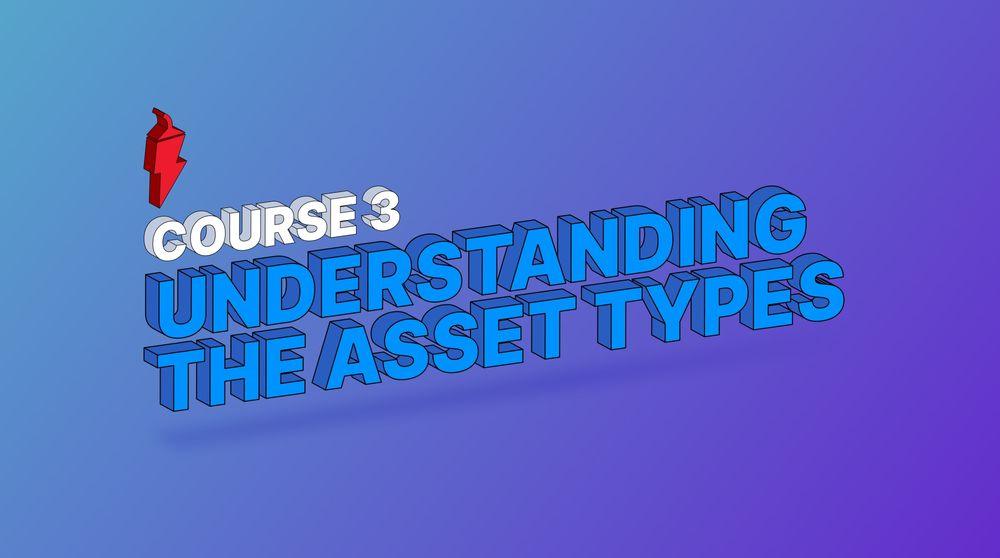- Home
- Trading Courses
- Understanding the Asset types

Understanding the Asset types
Did you know a vast selection of assets and categories are available for all to trade? Some of these, for example, currencies, may be easy to recognise and understand. This is something we use each day.
However, other assets, for example, ETFs or cryptocurrencies, may be more complex to understand. Depending on your investment requirements, one of these may be more appropriate for you. For this reason, it is important to have a broad understanding of the main categories which we will cover as part of this short course.
The Main Asset Categories
- (Foreign) Currencies - Traditional currencies printed by a central bank.
- Cryptocurrencies - a digital currency that a central bank does not verify.
- Stocks - partial ownership of a company which is entitled to “dividend” payments.
- Indices - a fund which includes multiple stocks within a single asset.
- ETFs - an investment fund which invests in multiple assets.
- Commodities - raw materials, precious metals and agricultural products.
Asset Traits and Characteristics
It is important to note that each asset category can have very different characteristics. Therefore, it is vital to ensure the asset is appropriate for you, depending on your investment needs. For example, Natural Gas is extremely volatile compared to ETFs, and some shares pay dividends 4 times a year, whereas currencies do not. Hence, why it is important to know the characteristics of each asset in order to determine which best suits your needs.
Lastly, it is also important to note that each asset may have different influential factors. For example, shares may be negatively affected by a recession, whereas the price of Gold tends to react positively to recessions. This is mainly due to Gold’s safe haven status. For this reason, it is important to ensure you understand what can influence the price of the asset you are trading.
Test your knowledge in under 5-minutes.
